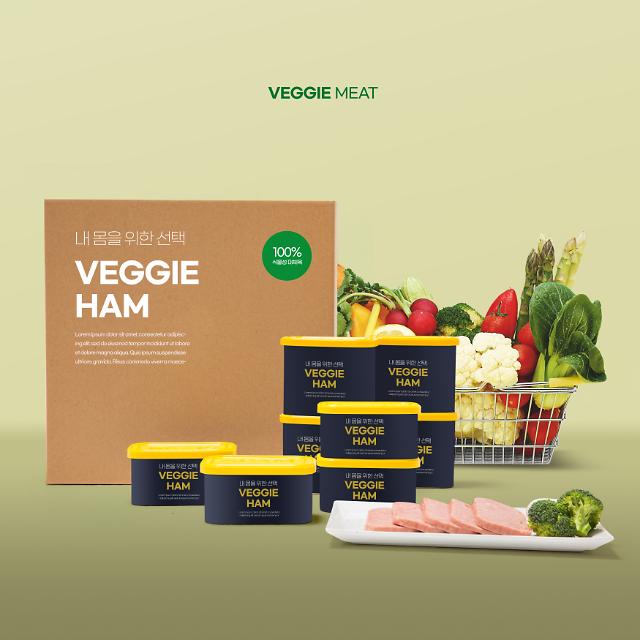
[Gettyimages Bank]
Alternative meat products, also known as vegan meat products, are normally made using plant ingredients such as beans and mushrooms or by cultivating animal cells. South Korea's vegan meat market has been growing to meet demands of the rapidly increasing vegan population. According to market research firm Euromonitor, the country's vegan meat market stood at 10.2 billion won ($8.7 million).
According to Shinsegae Food, a food company affiliated with South Korea's retail group Shinsegae, on February 3, the online survey conducted by market research firm EMBRAIN in January 2022 showed that young consumers feel positively towards vegan meat products. More than 70 percent of respondents picked environmental conservation as the main reason for consuming alternative meat.
About 43 percent of the consumers answered that they had tried alternative meat products before and 78.2 percent said they wish to try vegan meat products in the future. Some 40 percent have already tried vegan pork used in sandwiches and salads and 34.5 percent have tried plant-based beef.
"We will develop new alternative meat products and increase consumer satisfaction to capture the hearts of millennials and Gen Z which are the key future consumer group," Shinsegae Food said.
In July 2021, Shinsegae Food released vegan cold cuts, pre-cooked or sliced cuts of meat, for Starbucks sandwiches nationwide. Emart, the megastore wing of South Korea's retail conglomerate Shinsegae, is currently selling plant-based vegan products through special sections targeting 2 million vegans in South Korea.
Data released by the Korea Vegetarian Union showed that the number of vegans in South Korea rapidly increased from about 150,000 in 2008 to some 1.5 million in 2018. As of 2019, there were about 500 vegan restaurants in the country. The global plant based-meat market reached about $6.67 billion as of 2020.
Copyright ⓒ Aju Press All rights reserved.


![[K-Tech] Vegan meat gains global momentum. In Korea, its a harder sell.](https://image.ajunews.com/content/image/2025/08/19/20250819085345169133_278_163.jpg)